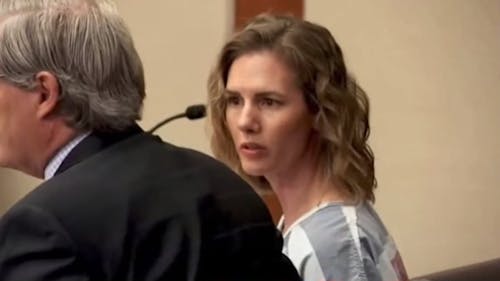It's time for YouTube to pull plug on family vloggers

There are some universal experiences that every child cherishes: the first day of school, their first birthday party or a trip to Disney World.
It's perfectly fine for families to record these moments for their collection of home videos or to post them on a private social media account for extended family members to see. But posting them on YouTube for the entire world crosses a boundary.
Family vlogging channels are a notorious trend on YouTube, with parents relying on their children for content, filming all the events in their lives. These kinds of channels have come under fire in recent years for a variety of reasons, a major one being that they exploit children as a means of making revenue.
Children on YouTube aren't currently protected by laws such as those that protect child actors. For example, the Coogan Law ensures child actors in California aren't being overworked and underpaid. In contrast, family vloggers can force their children to film for hours on end, and there's no guarantee that they'll get any share of the money the channels make.
There's also concern over the privacy of children. Broadcasting content to users all around the world means the children on these family vlogging channels are exposed to predators and ruthless hate comments.
Parents should be protecting their children from these online dangers — instead, family YouTubers shine a light on their child's most vulnerable moments for the entire world. The children on family channels are too young to provide consent for sensitive information being shared online, like doctor's visits or stories of being bullied at school. They simply don't understand the potential ramifications.
It's unethical to continue having children posted on the internet this way.
While users have been historically willing to turn a blind eye, in August 2023, a law was passed in Illinois that ensures the children of family vloggers will receive financial compensation for the work that they do. This is a step in the right direction, but there is still much more to be done to protect kids online.
Until children are legally protected more widely across the country, it's the responsibility of social media platforms to limit what kind of content can be posted. YouTube has taken some important steps, like limiting or completely pausing comments on videos featuring children, but this seems like a temporary measure.
To truly protect kids on the platform, YouTube needs to update its community guidelines. Restricting how much children can be featured in videos or even limiting what kinds of situations family channels are allowed to post about would be effective.
Fortunately, public awareness of the dangers posed by family vlogging channels is increasing, fueled by notable news stories, such as the recent case involving Ruby Franke, the mother of the family channel "8 Passengers."
Franke was charged with child abuse after her son, who was found malnourished and injured, was reported to authorities by a neighbor. Despite Franke being accused of child abuse in the past, her channel had more than two million subscribers before it was deleted in 2023.
This is an extreme case, but it goes to show what family vloggers can get away with as long as they project an image of a wholesome, happy family online.
Even if YouTube isn't willing to step in, there are several ways users can make a difference.
One way is to continue pushing for legislation that protects the children of family vloggers, like what was passed in Illinois. But the biggest thing users can do is to avoid giving these channels attention and revenue — stop watching their videos and unsubscribe from them.
Parenting demands patience, responsibility and love — "family channels" embody none of these values.



